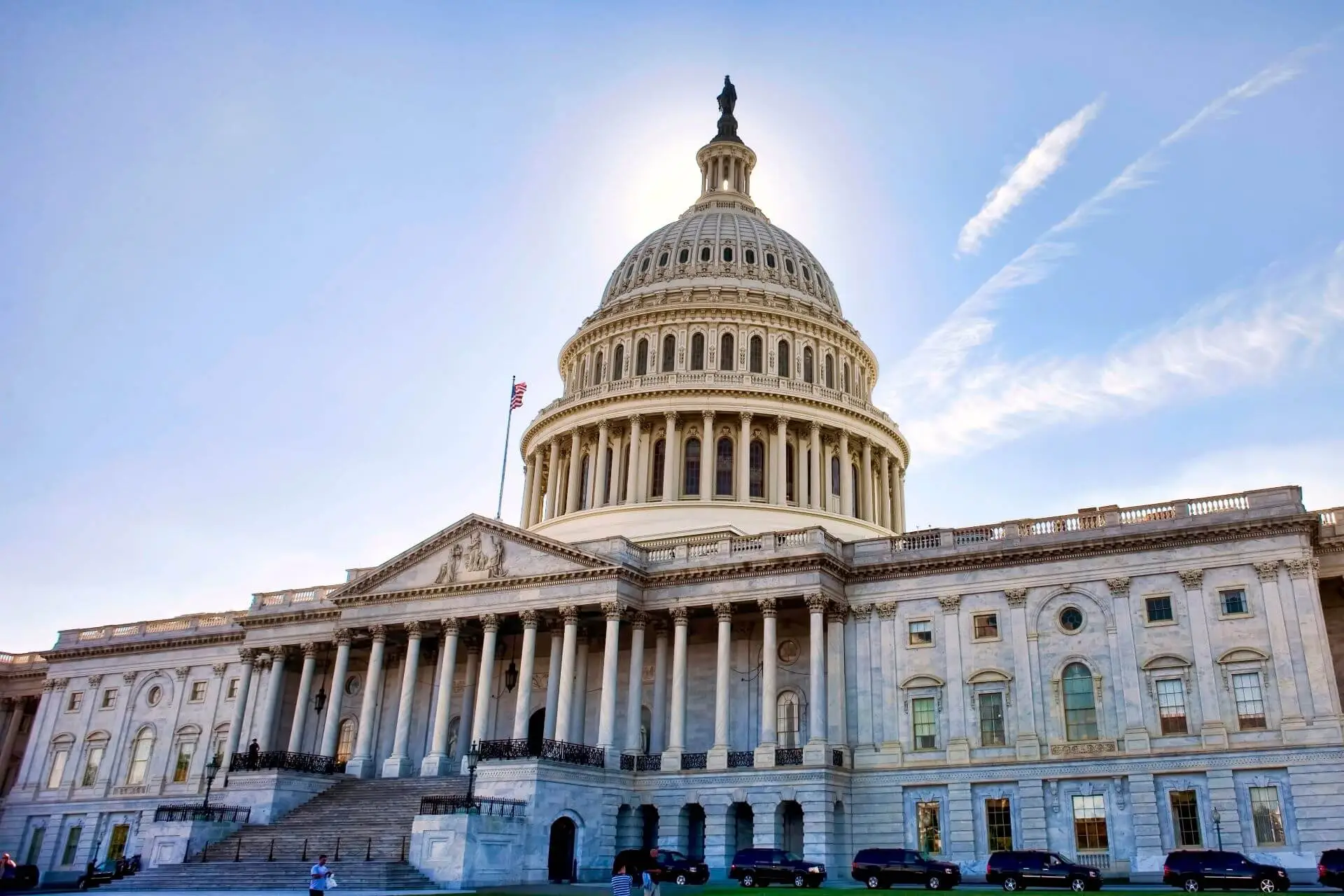The following article is an update to a previous article on the subject that is available here. Be sure to read to the end for my advice on whether you should file. Here’s what’s happening now with BOI reporting requirements.
Small businesses are no longer required to file, but that doesn’t mean you shouldn’t.
On March 3, 2025, the U.S. Treasury Department announced it will no longer penalize small businesses that don’t submit the proper information to the beneficial ownership information (BOI) database.
Then, on March 21, the Financial Crimes Enforcement Network (FinCEN) followed in steps of the Treasury Department, announcing on its website, “All entities created in the United States — including those previously known as ‘domestic reporting companies’ — and their beneficial owners are now exempt from the requirement to report beneficial ownership information (BOI) to FinCEN.”
The Corporate Transparency Act (CTA) is still in effect. Up to this point, small businesses with fewer than 20 employees were required to submit ownership details to the government and faced penalties of $500 a day if they failed to do so. However, with back-to-back statements from the Treasury and FinCEN, the message is clear: businesses, in effect, aren’t currently under an obligation to report information about their ownership. BOI reporting requirements have been abandoned in terms of enforcement.
Things have changed. Let’s take a look at some background information, and then we’ll conclude with my thoughts on whether business owners should file or not.
President Trump supports the decision to eliminate BOI reporting requirements.
Trump supported the decision, writing on Truth Social, “Exciting news! The Treasury Department has announced that they are suspending all enforcement of the outrageous and invasive Beneficial Ownership Information (BOI) reporting requirement…The economic menace of BOI reporting will soon be no more.”
Many business leaders agree with the president’s position.
The National Federation of Independent Business (NFIB)’s Senior Vice President for Advocacy, Adam Temple, released a statement following the Treasury’s announcement, saying, “NFIB greatly appreciates President Trump’s strong support in this important effort to protect America’s Small Business owners from what he correctly labeled an ‘outrageous and invasive’ Beneficial Ownership Information (BOI) reporting requirement.”
Others argue that BOI requirements are unnecessary because they duplicate existing mechanisms for controlling malfeasance and are a burden on small businesses. Some also claim it creates security risks by requiring business owners to submit personal information.
But the decision has drawn some criticism.
The Financial Accountability and Corporate Transparency (FACT) Coalition released a statement criticizing the Treasury’s decision. Ian Gary, executive director of the FACT Coalition, said:
“With one tweet, the Administration has contradicted fifteen years of bipartisan work by Congress to end the scourge of anonymous shell companies—which are a favorite tool of our nation’s global adversaries and criminals, including fentanyl traffickers, money launderers, and tax cheats.”
Supporters of BOI reporting requirements believe they increase transparency, which benefits the government and the economy. Some say BOI reporting also helps smaller businesses compete with larger ones by establishing trust with potential customers.
FinCEN and Treasury Department announcements are the latest in many reversals.
It’s been tough to keep track of all the twists and turns with the enforcement of the CTA and its BOI reporting requirements.
Back on December 3, 2024, the U.S. District Court for the Eastern District of Texas issued a preliminary injunction, halting enforcement of the CTA.
Then, on February 17, the same court ruled in Smith v. United States Department of the Treasury that the injunction was lifted. That meant BOI reporting was again required.
On February 19, FinCEN, which oversees BOI reporting requirements, announced an extension to the deadline. Businesses now have until March 21, 2025, to submit their information.
Now, that won’t be needed. FinCEN has clarified that business owners can choose to file, but they aren’t required to.
Keep an eye out for BOI scammers.
Fraudsters have tricked many into entering their information on websites other than FinCEN, exploiting the confusion surrounding BOI reporting in “phishing” scams.
Some have even convinced companies to pay a “filing fee,” which has never been a requirement. Keep a lookout and make sure employees or partners involved in administration are aware of this information.
Don’t respond to requests for BOI information.
That includes emails, phone calls, or letters asking for data like your driver’s license or social security number. Before taking any action, verify everything directly with FinCEN or consult with your Certified Public Accountant (CPA).
The bottom line: Should you file?
It isn’t very easy. Technically, BOI reporting rules remain in effect, but the Treasury Department announced it will not enforce penalties against businesses that fail to comply.
However, the rule itself hasn’t been repealed. Future enforcement could still be possible depending on legal and legislative developments. If you want to err on the side of caution, you can still file, but there’s no obligation at this time.
The American Institute of Certified Public Accountants (AICPA) has advised businesses to be prepared to file in case enforcement resumes, and I agree with that advice. BOI reporting requirements are not being enforced, but the law stands.
Grow with confidence.
Small business owners should not be thinking about BOI filing issues. They should be focused on growth. Let us handle compliance and financial strategy while you handle your business. Schedule a discovery call today.
Talk soon,
Jeremy A. Johnson, CPA


